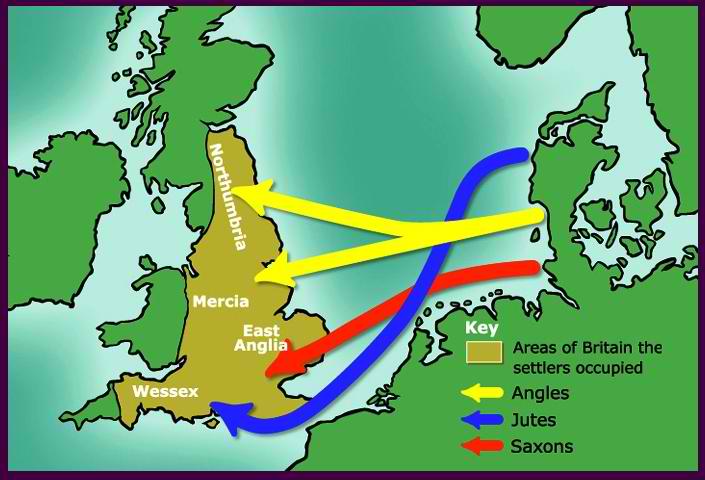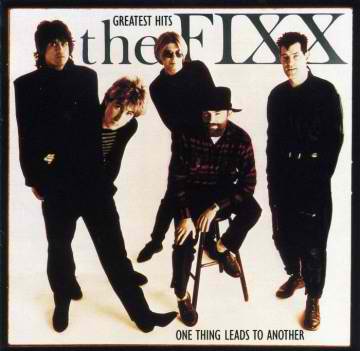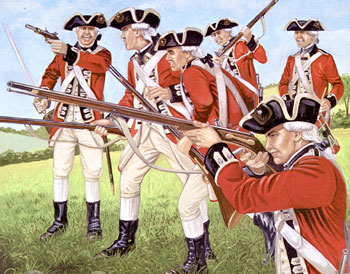Here are two words that really could be listed as each other’s proper translation in any English-Danish dictionary, but aren’t: (English) Ship <-> (Danish) Skab . “Skab” in Danish normally means”a closet” or “a cabinet”. i.e. a piece of furniture, -so nothing at all like a seafaring ship… What’s the connection?
As we all, and particularly linguists, know: “context is everything”, so, yes indeed a “ship” becomes equivalent to “a closet” when these two words appear not as standalone words, but as last syllables, or suffixes, of compound words indicating “something official”:
English ==> Danish:
Mayorship ==> Borgmesterskab
World Championship ==> Verdensmesterskab
Citizenship ==> Borgerskab
Leadership ==> Lederskab
Marriage ==> Ægteskab
I have an interesting theory about how this came about that a “Ship” became a “Closet”: I think the two words actually point back to a common Saxon ancestor-word from some 1300 years ago (say, around 700 AC), when the Viking Juts, Angles and Saxons came from what is today’s Denmark and occupied what is today England.
Whatever was spoken then must for a while have been the same language spoken on both sides of North Sea and then it gradually evolved differently into English on the left side of North Sea and Danish on the right side of that body of water:
It’s easy to imagine that both “-ship” and “-skab” as suffixes have not much to do with their same-sounding stand-alone cousin words in both English and Danish, but rather both point back to a common ancestor-word signifying something official and authoritative. Something rather guttural in sound, as Danish still is today, where “h” and “k” sounded similar and so did “p” and “b”, and “a” and “e” were so flat, they could easily be mistaken for each other. So, probably something like “Skhaipb“, which then evolved into “-Ship” in modern English and “-Skab” in modern Danish. And the old root-word signifying authority remains alive in the same word still present the same in both English and Danish: “Skipper“, i.e. the Man in Charge.
But wait then, what about the other word also present the same way in both modern English and modern Danish: “to Skip“? It seems paradoxical that “a Skipper” is someone in charge, who cares about details and deals with things, while “skipping” signifies the exactly opposite: to not care too much, to “touch and go”? I think this actually gives us another piece of the interesting historical puzzle of how Danish/English evolved from being the same into being different:
According to Wikipedia, the word “Skip” in old Norse actually meant what we today call a Ship. Knowing the shape of the Viking vessels suddenly it all makes perfect sense: the Vikings invent the shallow-bottomed vessels which sit so high in the water that they don’t cut through it, but rather “bump” or SKIP from wave top to wave top. So, SKIP was probably the first word. It meant “to avoid sinking to deep”, to skip from plop to plop. Then the verb SKIP evolved into the noun SHIP as the art of skipping became signified by the vessels which moved forward in a SKIPPING way. Then Ships became very important as the Viking civilization evolved around the art of navigating the ships, so the words “Skhaipb” and “Skipper“, were derived from the word for Ship of yore to signify something official and important.
-And maybe, just maybe, the Arabs borrowed the word for an important man and made it into “Sheikh” – a Wise Man. As both archaeological finds and the great Hollywood movie “The 13th Warrior” with Antonio Banderas prove (OK, the latter may not be an entirely trustworthy historical source, but it sure is entertaining 🙂 ) there were widespread connections between the Arab and the Viking traders.
I am totally making this up, but it would be funny if some of this were true. We’ll never know 100%. It sure is fun to play Sherlock Homes, though, just by deducing how one word may lead to another….











